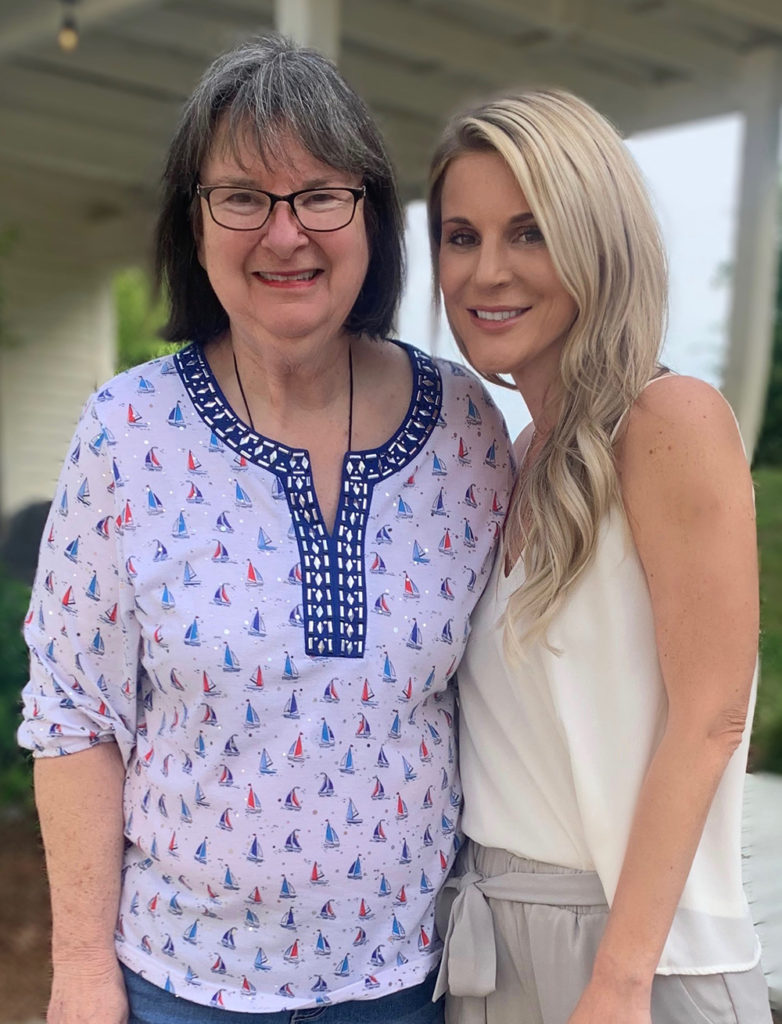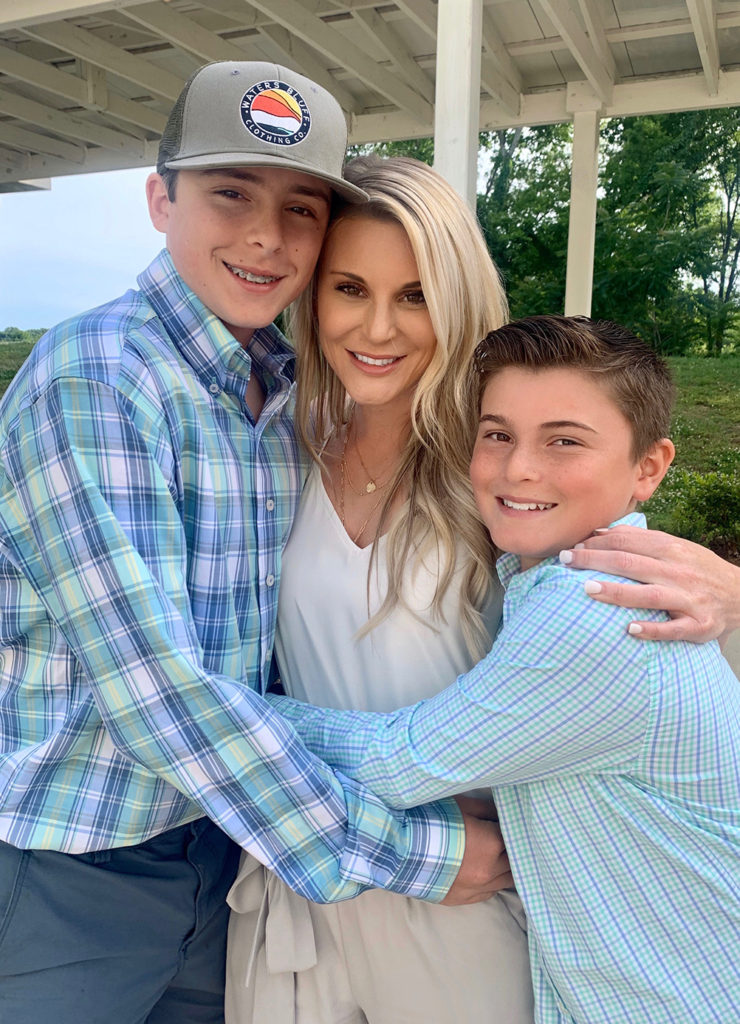By SARA SCHMIDT
How I help families with long-term care
Sara Schmidt helps coordinate long-term and end-of-life care as a Jackson-area account executive for LHC group, which provides home health and hospice care. She spoke with MCL about why she loves her job, and the importance of planning for long-term care.
MCL: What exactly is involved in your job?
What I do now a lot is talk to families. I always say, “In a perfect world, what would your situation be? Where do you want (your parent) to go? How do you want their care to look?” Then I try to recreate that as best I can, for the patient and for the family.
No matter where the patient is going, I coordinate their care … if they’re going to a nursing home, or if someone is coming to them … I make sure the contracts are there for us (LHC Group) to take care of them. (We provide) nurses, CNAs, chaplains, social workers, everything.
I’m not there to give you just one option. I always want to make sure people know all their options.
And I get to be emotional support. If you need a coffee, I’m here for you. If you just need to go to lunch, let’s go.
MCL: When should people start planning for long-term or end-of-life care?
As soon as they can. It’s such a critical, stressful time for people, and they feel like they have to make a decision so quick, and sometimes they do, because they waited too late.
Hospice is for anyone with a terminal illness. Most people wait until somebody is dying, and it doesn’t have to be that way. We’ve had some hospice patients for two years.
Everybody should have a will — especially if you have children. (Also) if you start long-term care (insurance) early, then you can lock (the rate) in for years. Then you’re guaranteed if something happens to you, you have someone taking care of you. That policy will pay your nursing home just like any other insurance pays out.

Sara with her mother, Brenda, who was diagnosed with early age dementia in her mid-50s.
Who influenced you to get into the healthcare field?
My parents. My father died when I was 10 years old. He was a nurse at the VA nursing home. I would go to work with him in the mornings for 30 to 45 minutes until my mom got off the night shift (as a nurse) at St. Dominic’s, and she would pick me up for school.
They were both extreme caretakers. My mom took care of her parents until they died a few years ago. My dad took care of my grandfather, and then we took care of my grandfather after my dad died.
My older sister’s a nurse, too.
How did you wind up at your current job?
I worked for a plastic surgeon for a long time, and I was working way too much to be a single parent. (So) I started working in a nursing home as the director for social services and admissions. That’s when I really found my calling. I got to know all the families and the residents, and they became like family to me.
At that time, my mom was having to retire after being diagnosed with dementia. That job gave me the flexibility to take care of my boys and my mom.
One day, one of the reps for (LHC Group) came into the nursing home and (said), “You really need to come work with us.”
It was literally like an answered prayer. It checked off my perfect job list. I had the flexibility to run my two boys to baseball practice, and I was making more money. The satisfaction that I got from helping people … It was never hard for me.
MCL: Can you share more about your mom’s journey?
She was diagnosed with Parkinson’s at 54. She worked for another year after her diagnosis, and then she had to retire because her shaking had gotten so bad. About a year after that, she was diagnosed with early age dementia. That was 10 years ago.
My mom doesn’t want to go into a nursing home. Having to help take care of her has given me a new appreciation for caregivers. It’s hard to stay positive, especially when I don’t feel like I have my momma anymore. I have her physically, but not mentally or emotionally.
Being there as a caregiver has also shown me how to talk to people about (long-term care). Planning is huge.
If you have questions about long-term care, hospice, or home health care, you can reach Sara at 601-927-0203 and sara.schmidt@lhcgroup.com.


